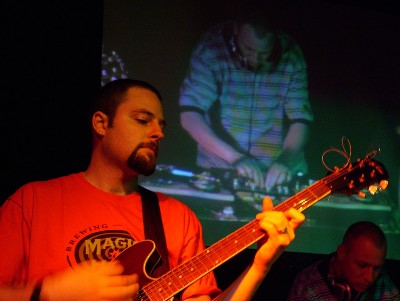Page added on August 30, 2005
American Scientist Online – The End is Nigh
American Scientist Online discusses James H. Kunstler’s book ‘The Long Emergency’
….Beginning with the story of Edwin L. Drake, who drilled the world’s first oil well in northwestern Pennsylvania in August 1859, Kunstler takes us through the development of the global oil-based economy of the 20th and early 21st centuries. He carefully traces the origins of the idea, first proposed by geologist M. King Hubbert, that oil consumption by modern industrial society will draw down current and potential supplies in a predictable way. Hubbert’s 1956 prediction of the date of “peak oil” production in the United States (which he put at sometime between 1966 and 1972) was strikingly accurate
…Most of these technologies founder on “the classic problem of energy economics: energy returned over energy invested (ERoEI). “The figure in the case of tar sands and oil shale is approximately three barrels of oil produced for every two barrels of oil-equivalent invested. In the case of ethanol produced from agribusiness corn or sugar cane, the ratio may be less than one. Some alternatives, such as methane hydrates, are dangerous to handle. Hydrogen is not a primary fuel: Its production requires considerable energy. Also, because of the low density of hydrogen gas, it must be stored and transported under high compression, or liquefied at very low temperatures, or combined with other compounds. Each of these options costs still more energy, and they introduce an assortment of complications and hazards into the delivery system. Although hydrogen will have its uses, Kunstler says, his verdict is unequivocal: “There is not going to be a ‘hydrogen economy.’” Nor is he sanguine about such far-out schemes as a process for deriving zero-point energy from the dark matter of the universe; he reminds us that “A useful maxim in engineering states that when something sounds too good to be true, it generally is not true.”


Leave a Reply